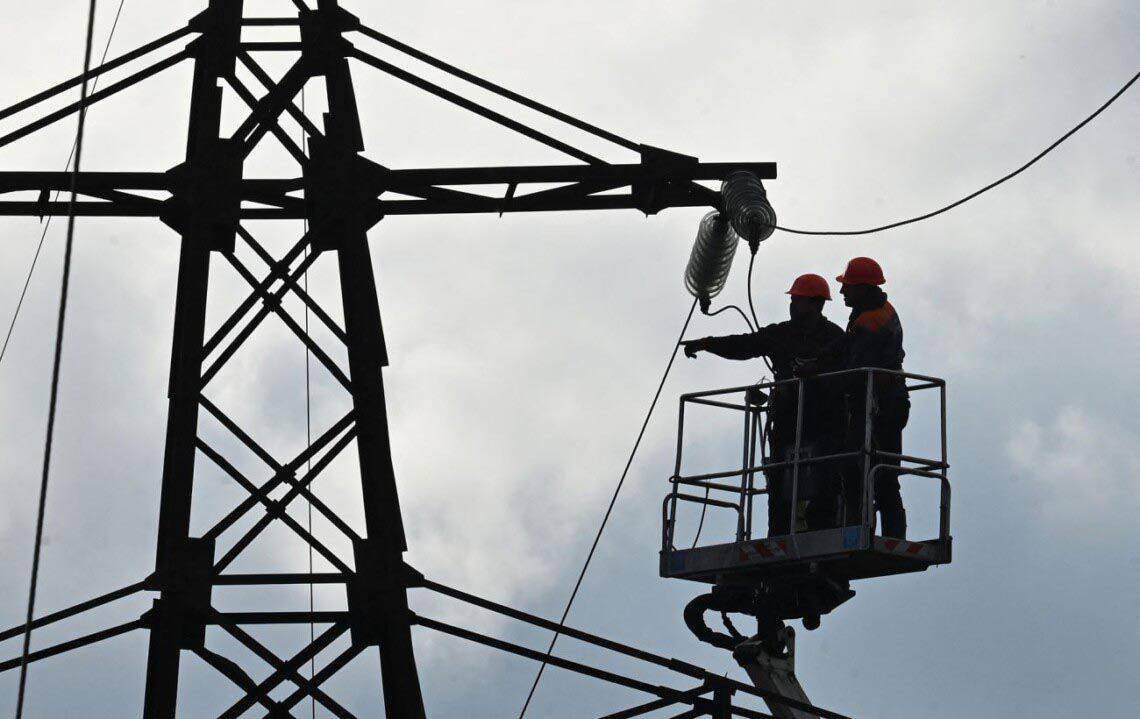Mobile operator lifecell is testing the use of solar panels in the southern region for autonomous power supply of base stations.
lifecell has started testing a pilot project to install solar panels to power base stations in areas where access to power grids can be difficult, writes Mediasat.
“The priority of an operator during a war is to ensure the uninterrupted provision of communication services to subscribers, so the use of alternative power sources will help keep the equipment working even if the power grids are damaged,†the publication reports.
The operator's team installed and connected the equipment at one of the technological sites in the south of Ukraine. And for several weeks, this equipment has been tested.

Thanks to solar panels with a total area of ​​84 sq. m, up to 16 kW of energy is produced to power the base station, making it possible to communicate more than 2,000 people in four settlements of the region. The solar panels generate a 48-volt DC supply to the base station equipment.
The number and power of solar panels are calculated in such a way as to ensure the round-the-clock operation of the equipment, despite the seasonality and the amount of sunlight. Autonomous batteries are also charged from the accumulated solar energy. The battery capacity is enough for 36 hours of battery life. Solar panels can operate at temperatures from -20 to +40°C and do not require special maintenance.
In general, testing will continue throughout the year so that the operator's specialists can evaluate the effectiveness of solar panels in different seasons and weather.
The idea to use solar energy to power base stations arose in lifecell even before the war, because this type of energy has many advantages - such as renewability and environmental friendliness, high manufacturability of processes with ease of operation, and cost savings in the long term. In particular, the use of alternative energy sources was planned in areas with difficulties in connecting to the power grid.
During the war, self-powered equipment has become very important when the enemy tries to destroy critical infrastructure.
If the pilot project demonstrates successful results, the operator will scale up the use of solar panels for backup power of base stations, which will become an ecological alternative to diesel generators at facilities where there are problems with traditional power supply.





















